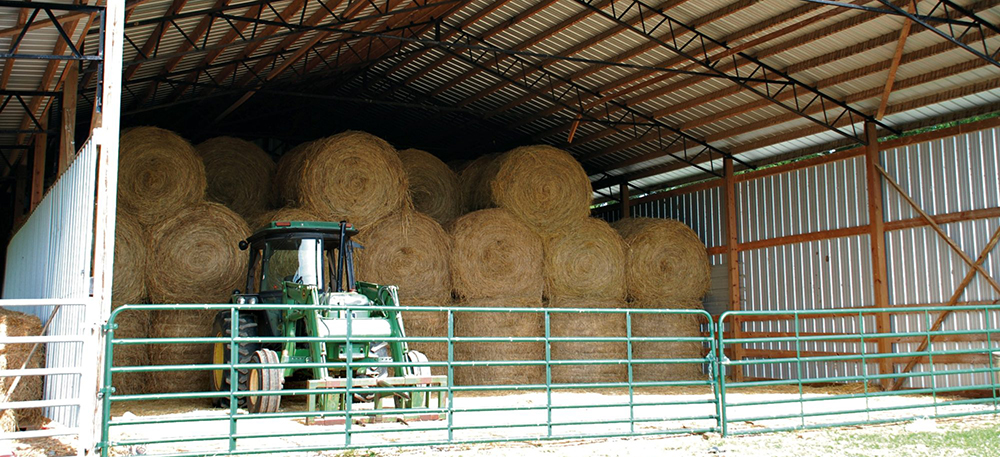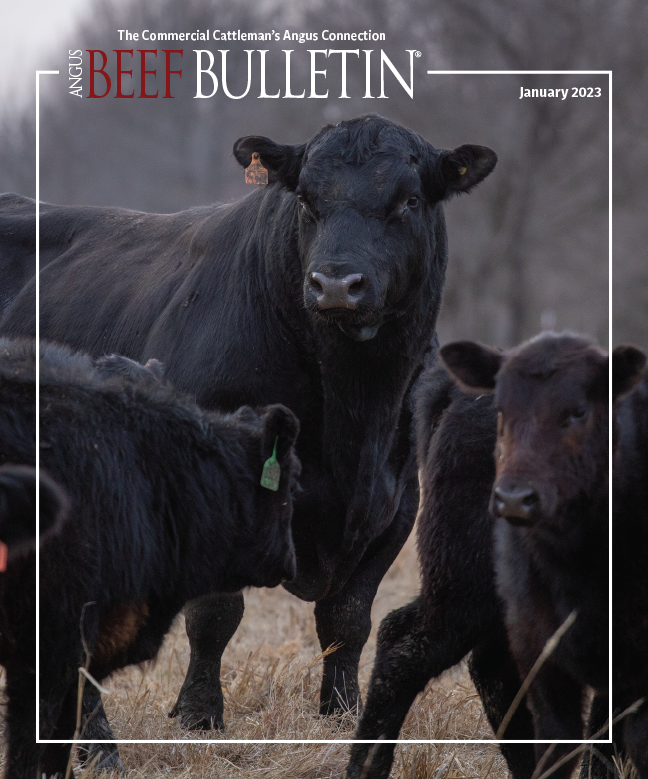
Grant Supports Study to Improve Hay Market Efficiency
A lack of hay market information prompts UTIA study to determine what buyers value.
A team of research and extension faculty from the University of Tennessee Institute of Agriculture (UTIA) is launching a study to improve price discovery and market transparency in hay markets. These improvements will help create a more efficient market and provide valuable information that benefits buyers and sellers of hay.
While hay constitutes a major feed source for many livestock operations, market values for hay have rarely been studied. Existing research focuses on hay auctions; however, most hay produced in the United States is not marketed through auctions. Rather, it is grown and fed on the same farm or is sold through private transactions, which means no publicly available transaction information is recorded.
This lack of hay market information helped prompt the latest UTIA study, through which researchers will conduct experiments to determine what hay attributes are valued by buyers and the value placed on those attributes given a variety of factors. Understanding the valued attributes can help provide guidelines to creating additional transparency, allowing producers to make more informed purchasing and selling decisions.
“We expect this project will result in buyers and sellers using information such as bale weight and nutritive assessment to determine the value of hay rather than relying solely on visual attributes,” says lead researcher Andrew Griffith, an associate professor in the Department of Agricultural and Resource Economics. “Hay buyers will benefit by knowing the exact quantity and nutritive value of hay they are purchasing, which in turn should assist with managing livestock feed cost and nutrition. Sellers will also benefit by knowing the attributes hay buyers value, so they can package and market their hay appropriately.”
Tennessee livestock producers averaged 143 days of feeding hay in 2017, which emphasizes the importance of hay on regional cattle operations.
“While this research will influence operations of all sizes, it can have a pronounced influence on producers with small- and medium-sized operations who trade relatively small quantities of hay and are less familiar with market dynamics and pricing,” says Griffith.
The study will be conducted by Andrew Griffith, Karen DeLong, Chris Boyer, Charley Martinez and Jon Walton, all from the Department of Agricultural and Resource Economics. The researchers are partnering with the Tennessee Cattlemen’s Association and the Tennessee Department of Agriculture on this three-year grant study, funded by USDA’s Agricultural Marketing Service.
Editor’s note: This article is provided by the University of Tennessee Institute of Agriculture. Photo by T. Johnson, courtesy of UTIA.

